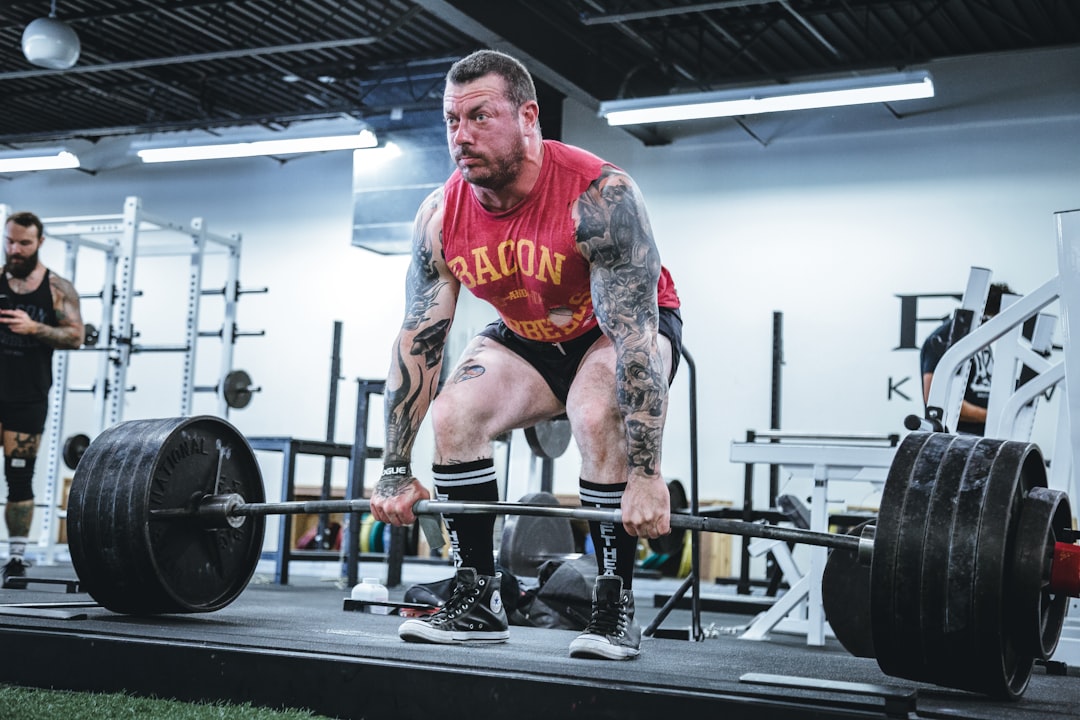As athletes push themselves to the limit in training and competition, it is easy to overlook the importance of rest and recovery. However, rest and recovery are essential components of any athlete’s training program. Without proper rest and recovery, athletes are at risk of overtraining, injury, and burnout. In this blog post, we will explore the importance of rest and recovery for athletes and discuss strategies for incorporating adequate rest and recovery into a training program.
Rest and recovery are crucial for athletes for a number of reasons. First and foremost, rest allows the body to repair and rebuild muscles that have been broken down during intense training sessions. When athletes engage in high-intensity exercise, their muscles experience tiny tears that need time to heal. Without adequate rest, these tears can accumulate and lead to overuse injuries such as tendinitis or stress fractures. Rest also allows the body to replenish energy stores and repair any damage done to the immune system during intense exercise.
In addition to physical benefits, rest and recovery are also important for mental health. Athletes who do not give themselves time to rest and recharge are at risk of burnout, which can manifest as feelings of fatigue, decreased motivation, and increased irritability. Rest and recovery provide athletes with the opportunity to relax, recharge, and refocus, which can help prevent burnout and improve overall mental well-being.
So, how can athletes incorporate adequate rest and recovery into their training programs? One important strategy is to listen to your body. If you are feeling fatigued, sore, or run down, it is important to take a break and allow your body time to recover. This may mean taking a day off from training, reducing the intensity of your workouts, or incorporating active recovery activities such as yoga or stretching.
Another key strategy is to prioritize sleep. Sleep is essential for recovery, as it is during sleep that the body releases growth hormone and repairs damaged tissues. Athletes should aim to get 7-9 hours of quality sleep each night to ensure optimal recovery and performance.
Nutrition also plays a crucial role in rest and recovery. Athletes should focus on consuming a balanced diet that includes plenty of fruits, vegetables, lean proteins, and whole grains. Proper nutrition can help fuel workouts, repair muscles, and reduce inflammation, which can aid in recovery.
In addition to rest and recovery, athletes should also incorporate active recovery strategies into their training programs. Active recovery refers to low-intensity activities such as walking, swimming, or cycling that help promote blood flow and reduce muscle soreness. Active recovery can help athletes recover more quickly from intense workouts and prevent injuries.
Finally, scheduling regular rest days into your training program is essential for optimal performance and recovery. Rest days allow your body to recover and adapt to the stress of training, which can help prevent overtraining and burnout. Athletes should aim to take at least one rest day per week, during which they can engage in light activities such as walking, stretching, or foam rolling.
In conclusion, rest and recovery are essential components of any athlete’s training program. Without proper rest and recovery, athletes are at risk of overtraining, injury, and burnout. By listening to your body, prioritizing sleep, eating a balanced diet, incorporating active recovery strategies, and scheduling regular rest days, athletes can optimize their performance, prevent injuries, and improve their overall well-being. So, remember to take care of your body and give it the rest and recovery it needs to perform at its best.

